Science News: Recent scientific discoveries and expert analysis
Read the latest science news and recent scientific discoveries on Live Science, where we've been reporting on groundbreaking advances for over 20 years. Our expert editors, writers and contributors are ready to guide you through today's most important breakthroughs in science with expert analysis, in-depth explainers and interesting articles, covering everything from space, technology, health, animals, planet Earth, and much more.
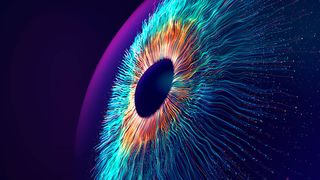
Explainers | Everything you need to know about the science news that matters.
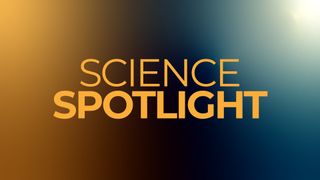
Science Spotlight | Shining a light on new science transforming our world.
Latest news

AI models will lie to you to achieve their goals — and it doesn't take much
By Alan Bradley published
Researchers discover that the most advanced AI models may lie to their users when under pressure.
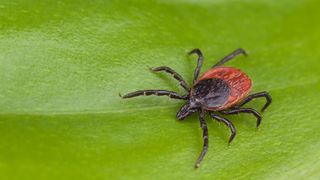
Multiple species of ticks in the US can transmit red meat allergy, CDC reports reveal
By Clarissa Brincat published
A single bite from one of several tick species can trigger a months-long meat allergy.

James Webb telescope could find signs of life on alien 'hycean' ocean worlds
By Paul Sutter published
If such worlds exist, they could be among the most common life-bearing planets in the galaxy.
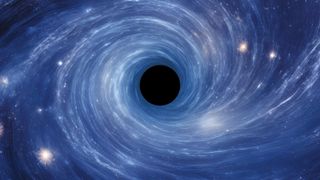
Black holes may obey the laws of physics after all, new theory suggests
By Robert Lea published
"The singularity is the most mysterious and problematic part of a black hole. It's where our concepts of space and time literally no longer make sense."
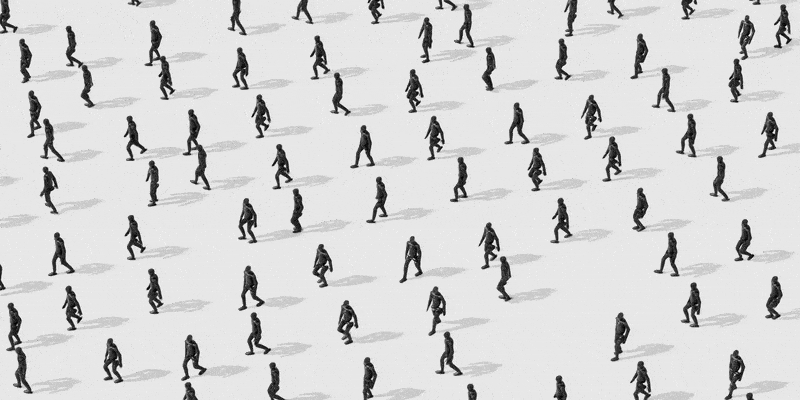
Watch eerie video of humanoid robot 'army' marching naturally, thanks to a major AI upgrade
By Ben Turner published
Figure 02's human-like gait is the product of the company's simulated reinforcement learning system, and is just the beginning of its plans to make its robots perform physical tasks more naturally.
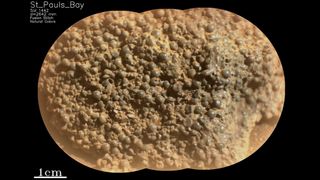
Perseverance rover spots peculiar 'spider egg' rock on Mars — and scientists have no idea how it got there
By Damien Pine published
On March 11, NASA's Perseverance Mars rover spotted a mysterious rock made of hundreds of tiny spheres that resemble spider eggs. Studying its formation could help us look for fossilized remains of microbial life on Mars.

China now has a 'kill mesh' in orbit, Space Force vice chief says
By Josh Dinner published
"That capability gap is significantly narrowed, and we've got to change the way we're looking at space, or that capability gap may reverse and not be in our favor anymore."

Traumatizing AI models by talking about war or violence makes them more anxious
By Drew Turney published
A recent study exposing AI models to carefully designed prompts around trauma revealed they can get anxious, potentially affecting the conversation and having negative impacts on people who use such models to discuss their mental health.

Mathematicians solve vexing 'crowd problem' that explains why public spaces devolve into chaos
By Victoria Atkinson published
Why do some crowds move in an orderly fashion while others devolve into a chaotic jumble? New research led by an MIT mathematician may finally crack the tricky crowd problem.
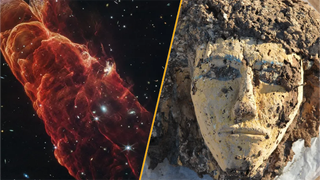
'Cosmic tornadoes', surprises from ancient Egypt and more.
By Pandora Dewan published
Science news this week March 29, 2025: Our weekly roundup of the latest science in the news, as well as a few fascinating articles to keep you entertained over the weekend.
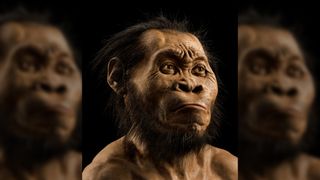
A 'landmark finding': Homo naledi buried their dead 250,000 years ago, according to newly updated research
By Kristina Killgrove last updated
Homo naledi, an extinct human relative with one-third the brain size of ours, buried and may have memorialized their dead, controversial research suggests.

Mysterious artifacts from King Tut's tomb might have been used in 'awakening Osiris' ritual
By Owen Jarus published
Four trays and four staff found in Tutankhamun's burial chamber in the Valley of the Kings may have been used in an ancient Egyptian ritual, a new paper finds.
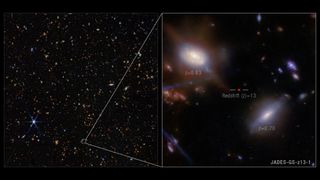
'Totally unexpected' galaxy discovered by James Webb telescope defies our understanding of the early universe
By Skyler Ware published
Scientists studying one of the earliest known galaxies using the James Webb Space Telescope have found that the universe's Era of Reionization may have occurred much earlier than previously thought.

'This is a very big earthquake': The science behind Myanmar's magnitude 7.7 earthquake
By Laura Geggel published
Here's the science behind the magnitude 7.7 earthquake that hit Myanmar on Friday (March 28).
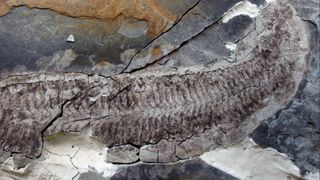
Scientists uncover 'inside-out, legless, headless wonder' that lived long before the dinosaurs
By Skyler Ware published
Fossils of 444 million-year-old creatures whose bodies were preserved "inside-out" have been discovered in South Africa.
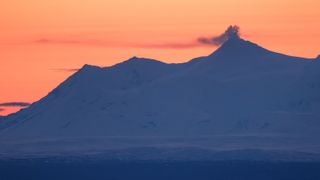
Huge steam plume rises from Alaska's Mount Spurr as volcano edges closer to eruption
By Jess Thomson published
The Alaskan Volcano Observatory has shared new images of plumes of gas streaming out of Mount Spurr, which scientists suspect will erupt in the coming weeks or months.
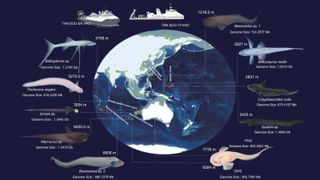
Fish in the Mariana Trench all have the same, unique mutations
By Olivia Ferrari published
Deep-sea fish adapt to some of the most extreme conditions on Earth. New research analyzing their evolution finds the same mutation across fish species that have evolved on separate timelines — alongside human-made pollutants contaminating the deep sea.
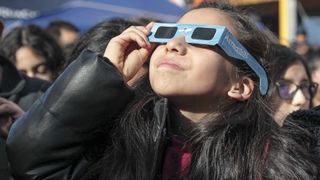
Staring at the March 29 solar eclipse can cause eye damage in seconds — and you won’t even feel it happening
By Emily Cooke published
Experts explain damage that can happen to your eyes if you stare at the partial eclipse without using adequate protection.

March 29 solar eclipse: Don't miss the rare sunrise solar eclipse over North America tomorrow
By Jamie Carter last updated
A dramatic sunrise solar eclipse tomorrow (March 29) will be the first one visible in North America since April 2024. Here's how to get the best view of the partial eclipse before it ends.
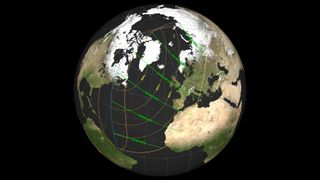
Eclipse map: What will tomorrow's solar eclipse look like from your state?
By Jess Thomson last updated
A NASA map shows the regions across the Northern Hemisphere where tomorrow's partial solar eclipse will be visible, how much of the sun will be blocked out, and what time the eclipse will hit its peak.
Sign up for the Live Science daily newsletter now
Get the world’s most fascinating discoveries delivered straight to your inbox.

